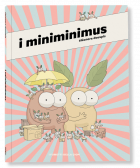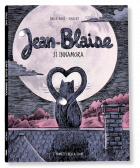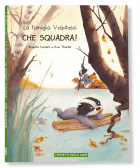BURNS ROBERT
 Robert Burns (1759-1796)
Robert Burns (1759-1796)
Poet, was born near Ayr, the son of William Burness or Burns, a small farmer. In 1781 Robert went to Irvine to become a flax-dresser, but, as the result of a New Year carousal of the workmen, including himself, the shop took fire and was burned to the ground. This venture accordingly came to an end. In 1784 the flourished died, and Burns with his brother Gilbert made an ineffectual struggle to keep on the farm; failing in which they removed to Mossgiel, where they maintained an uphill fight for 4 years.
Meanwhile, his love affair with Jean Armour had passed through its first stage, and the troubles in connection therewith, combined with the want of success in farming, led him to think of going to Jamaica as bookkeeper on a plantation. From this he was dissuaded by a letter from Dr. Thomas Blacklock (q.v.), and at the suggestion of his brother published his poems.
This first edition was brought out at Kilmarnock in June 1786, and contained much of his best work, including The Twa Dogs, The Address to the Deil, Hallowe'en, The Cottar's Saturday Night, The Mouse, The Daisy, etc., many of which had been written at Mossgiel.
The success of the work was immediate, the poet's name rang over all Scotland, and he was induced to go to Edinburgh to superintend the issue of a new edition There he was received as an equal by the brilliant circle of men of letters which the city then boasted-Dugald Stewart, Robertson, Blair, etc. The results of this visit outside of its immediate and practical object, included some life-long friendships, among which were those with Lord Glencairn and Mrs. Dunlop. Meanwhile he was writing at his best, and in 1790 had produced Tam o' Shanter. About this time he was offered and declined an appointment in London on the staff of the Star newspaper, and refused to become a candidate for a newly-created Chair of Agriculture in the University of Edinburgh, although influential friends offered to support his claims.
After giving up his farm he removed to Dumfries. It was at this time that, being requested to furnish words for The Melodies of Scotland, he responded by contributing over 100 songs, on which perhaps his claim to immortality chiefly rests, and which placed him in the front rank of lyric poets. His worldly prospects were now perhaps better than they had ever been; but he was entering upon the last and darkest period of his career. He had become soured, and moreover had alienated many of his best friends by too freely expressing sympathy with the French Revolution, and the then unpopular advocates of reform at home. His health began to give way; he became prematurely old, and fell into fits of despondency; and the habits of intemperance, to which he had always been more or less addicted, grew upon him. He died on July 21, 1797.
From Biographical Dictionary of English Literature - the Everyman Edition of 1910
links: - The Bard of Scotland |






